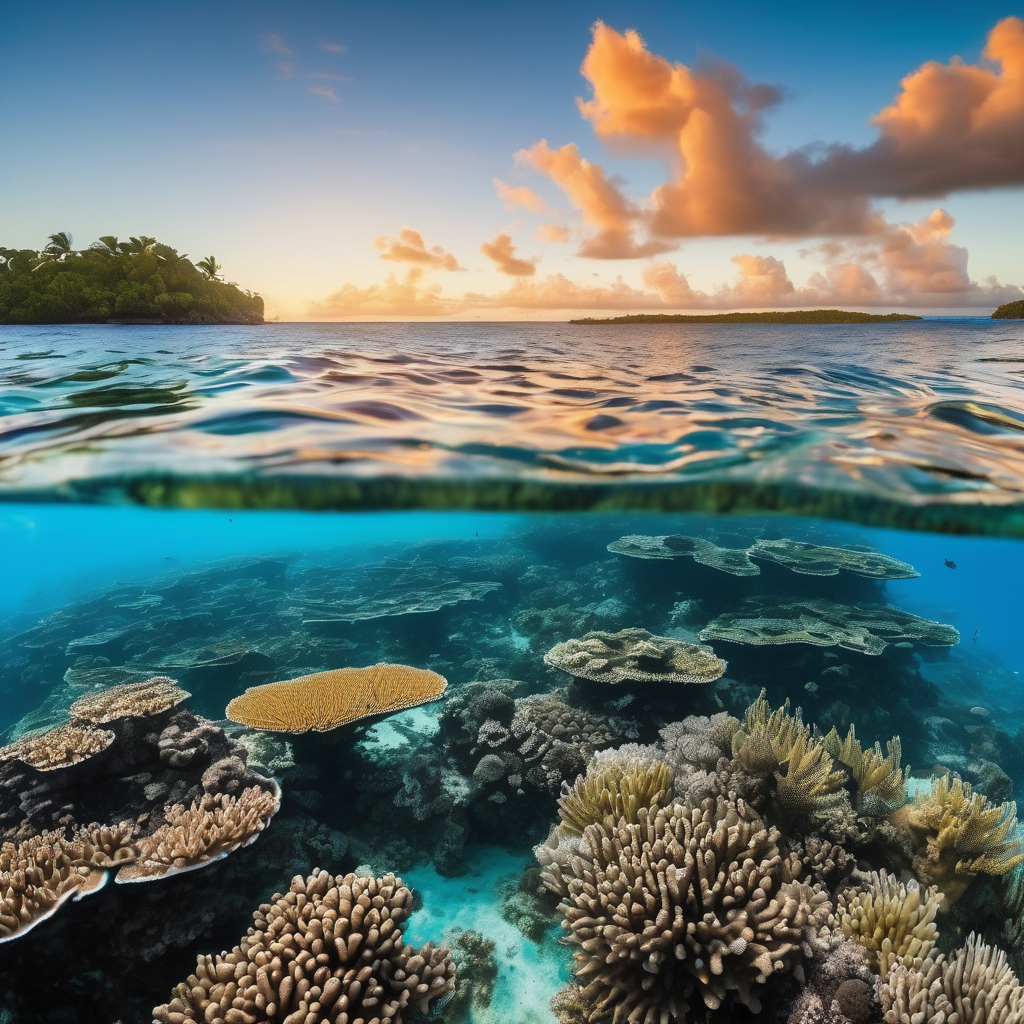The New Zealand government has announced a payment of 10 million Samoan tala, equivalent to approximately $3.51 million, to the Samoan government following the sinking of the Royal New Zealand Navy vessel HMNZS Manawanui off the coast of Samoa. The navy’s specialized dive and hydrographic vessel ran aground on the southern coast of Upolu in October 2024 while conducting a reef survey.
The incident occurred when the ship’s crew, consisting of 75 members, abandoned the vessel, which later capsized and sank. Fortunately, all crew members were rescued and reported safe, with only some sustaining minor injuries. An initial inquiry has attributed the grounding to a series of human errors.
Foreign Minister Winston Peters acknowledged the disruption the sinking caused to local communities and stated that the government is focused on minimizing the environmental impacts and collaborating with Samoa on the ship’s future. “We recognize the impact the sinking has had on local communities and acknowledge the disruption it caused,” Peters added.
The HMNZS Manawanui remains on the reef, although crucial measures have been taken to remove diesel fuel, oil, and other pollutants along with weapons and equipment from the ship. The vessel was previously involved in vital operations focused on underwater surveys and the disposal of World War II munitions, reflecting its significant contribution to regional maritime safety.
This tragedy has spurred discussions on environmental concerns and the potential ecological benefits of the wreck, as experts suggest it could become an artificial reef over time. The local community has begun to see hope with the prospect of creating new diving sites that could attract tourism and contribute positively to the local economy after environmental safety measures are ensured.
In related developments, support is also being extended to local communities affected by the incident, with the Chinese Embassy providing assistance to families impacted by a fishing ban linked to the sinking. Efforts are underway to maintain environmental integrity while fostering tourism opportunities that may ultimately benefit the region’s economy.
